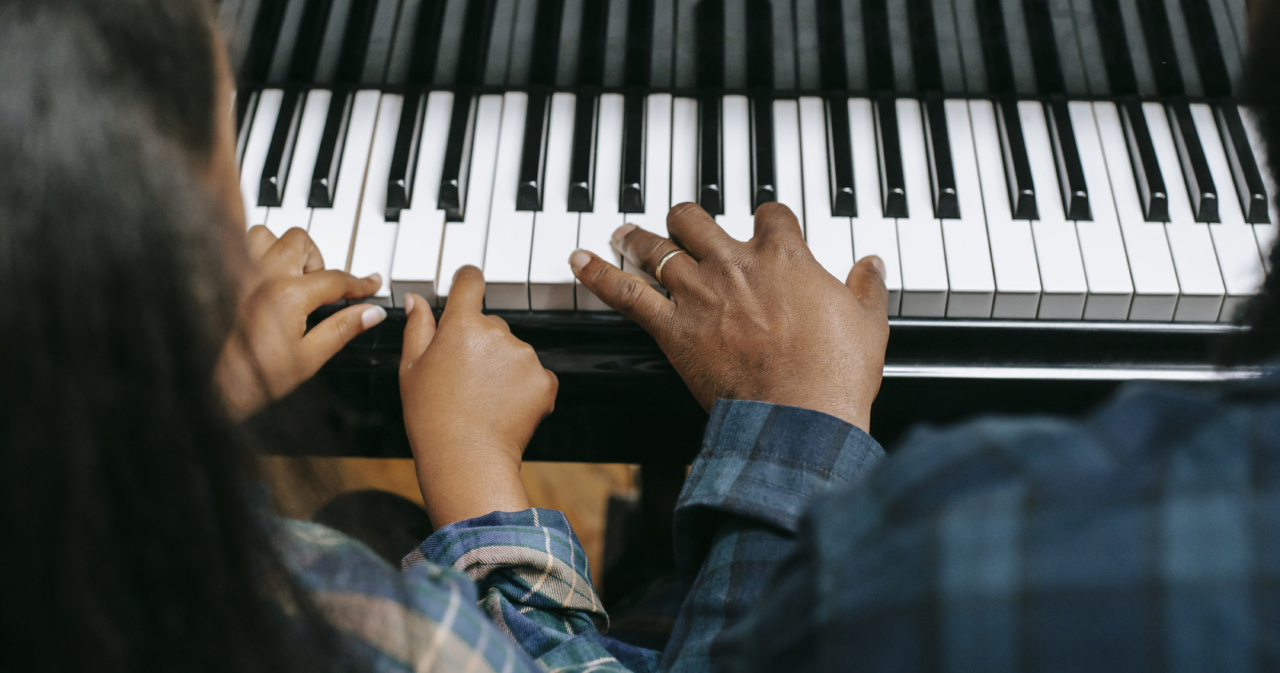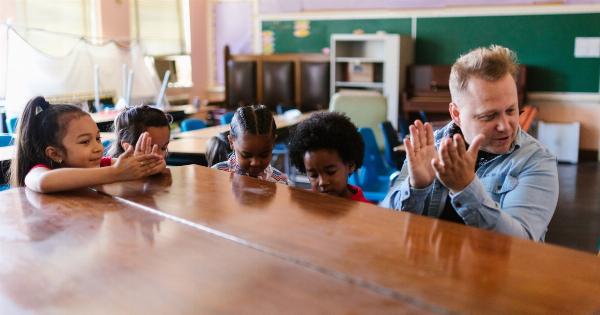Playing a musical instrument is not only a rewarding hobby but also a beneficial activity for your child’s development.
Whether it’s a piano, guitar, violin, or drums, learning to play an instrument has numerous advantages that extend beyond the realm of music. From improving cognitive skills to fostering discipline and creativity, the benefits of music education are immense.
In this article, we will explore why your child should learn to play an instrument and how it can positively impact their overall growth.
Enhancement of Cognitive Skills
One of the primary reasons why your child should learn to play an instrument is the enhancement of cognitive skills.
Research has shown that music education stimulates various areas of the brain, leading to improved memory, concentration, and problem-solving abilities. Learning to read sheet music trains the brain to interpret symbols and translate them into specific movements, enhancing overall cognitive function and language processing skills.
Improved Academic Performance
Learning to play an instrument can have a significant positive impact on your child’s academic performance. Numerous studies have established a strong correlation between music education and improved math, reading, and verbal skills.
Playing an instrument involves understanding rhythm, counting beats, and recognizing patterns, which are all aspects that overlap with mathematical concepts. Moreover, the discipline and focus developed through music practice can translate into better study habits and improved academic performance across various subjects.
Enhanced Motor Skills
Playing a musical instrument requires precise finger movements, hand-eye coordination, and coordination between different body parts.
By regularly practicing an instrument, your child can strengthen their fine motor skills, dexterity, and overall coordination. These motor skills can have a positive impact on other activities, such as sports, writing, and even everyday tasks like tying shoelaces or using utensils.
Development of Discipline and Perseverance
Learning to play an instrument is a task that requires discipline and perseverance. It takes time, effort, and consistent practice to master an instrument and produce pleasing sounds.
Regular practice sessions instill discipline in your child’s routine and teach them the value of hard work and dedication. They learn that achieving excellence requires patience, and setbacks are a natural part of the learning process. These qualities of discipline and perseverance developed through music education can prove invaluable throughout their lives.
Boost to Self-Esteem and Confidence
Mastering a musical instrument and performing in front of others can significantly boost your child’s self-esteem and confidence. The sense of accomplishment derived from learning and playing songs fosters a positive self-image.
Performing in front of an audience, whether it’s a small gathering or a large concert, helps your child overcome stage fright and develops their confidence in public speaking and performing. These skills can be applied to various life situations, providing a solid foundation for future success.
Stress Relief and Emotional Well-being
Music has a profound impact on our emotions. Playing an instrument allows your child to express themselves creatively and provides an outlet for emotions they may find difficult to articulate otherwise.
Music has the power to uplift spirits, reduce stress, and even alleviate symptoms of anxiety and depression. It serves as a soothing and therapeutic activity, promoting emotional well-being and overall mental health.
Enhancement of Creativity
Learning and playing an instrument nurtures creativity in your child. They develop the ability to think outside the box, experiment with different musical techniques, and explore various genres and styles.
This creativity can extend beyond the realm of music, influencing artistic endeavors, problem-solving skills, and innovative thinking in other areas of their lives. Encouraging their creative abilities through music education sets the stage for a more imaginative and resourceful future.
Improved Social Skills and Teamwork
Playing an instrument provides numerous opportunities for your child to collaborate with others and develop their social skills.
They can join a band, orchestra, or participate in group lessons, allowing them to interact with fellow musicians and work together towards a harmonious performance. This experience teaches them the importance of teamwork, cooperation, and effective communication. It also provides a sense of belonging and community, fostering lasting friendships and connections.
Appreciation for Culture and Diversity
Learning to play an instrument exposes your child to a diverse range of musical styles and cultures from around the world. They develop an appreciation for different genres, traditions, and the rich history behind them.
This exposure helps them embrace diversity and fosters a sense of empathy and understanding towards different cultures. It broadens their perspective on the world and encourages them to explore and respect various art forms.
Life-long Love for Music
Perhaps one of the most significant benefits of music education is the cultivation of a life-long love for music.
Even if your child doesn’t pursue a career in music, their exposure to playing an instrument can instill a deep appreciation for music as a form of entertainment, self-expression, and personal enjoyment. They may continue playing the instrument as a hobby or simply derive pleasure from listening to and appreciating music throughout their lives.
Conclusion
Learning to play an instrument offers a wealth of benefits for your child’s overall development.
From enhancing cognitive skills and improving academic performance to fostering discipline, creativity, and self-esteem, music education has a profound impact on various aspects of their lives. The skills and values they develop through instrument practice can be applied to diverse situations, setting them up for future success. So, encourage your child to embark on a musical journey, and watch them thrive in both music and life.






























